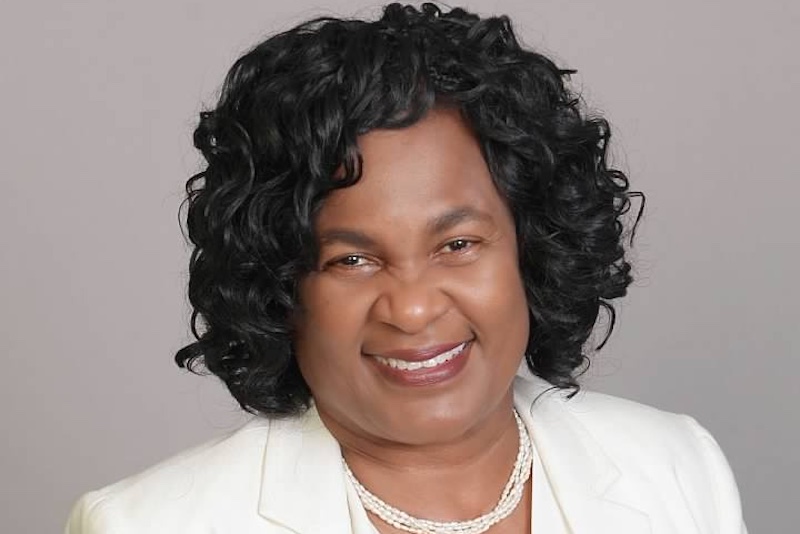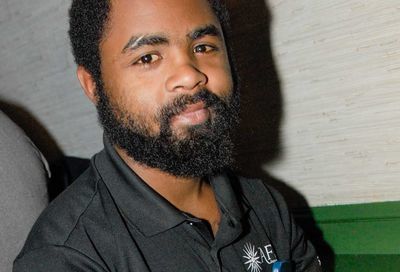To Remember and Renew
Preserving the stories of those who lives were touched by HIV/AIDS can help regain urgency on the epidemic
During the first three decades of HIV and AIDS, more than 575,000 Americans lost their lives. This week, as we mark the 30th anniversary of HIV’s identification, an estimated 56,000 people continue to become infected with HIV annually. Almost half of all Americans know one of the more than 1.1 million citizens who now live with HIV.
In July 2010, President Obama’s National HIV/AIDS Strategy outlined the administration’s goals for slowing the spread of HIV infection while improving the health of people living with HIV. Its vision calls for a more coordinated national response to the epidemic. The plan’s objectives are clear: reduce the number of people who become infected with HIV, increase access to care while improving health outcomes for people living with HIV, and reduce HIV-related health disparities.
We speak with one voice when we say that these objectives are realistic. Yet, with today’s American consciousness that is markedly less focused on fighting the spread of HIV, our nation today faces a different set of challenges. In many ways, the prevailing lack of urgency among Americans may be among the strongest hindrances facing efforts to stanch HIV’s spread.
As recently as 2009, the Kaiser Family Foundation’s Survey of Americans on HIV/AIDS found that the American public’s sense of urgency associated with combating the epidemic was in decline. In 1995, 44 percent of the general public indicated that HIV and AIDS was the most urgent health problem facing the nation, compared to only 6 percent in March 2009.
While HIV transmission rates have been reduced substantially over time and people with HIV are living longer and more productive lives, the Journal of Acquired Immune Deficiency Syndromes estimates that the number of new infections is on track to increase to more than 75,000 annually, increasing the number of Americans living with HIV to more than 1.5 million.
As we each reflect upon our own work during the past three administrations, we are confident that this trend can be reversed, and we remember those individuals who captured the hearts and minds of Americans, galvanizing a decades-long effort to fight the spread of HIV.
The story of Indiana teen Ryan White, a hemophiliac who contracted the HIV virus from a 1984 blood transfusion, made a lasting impact on the American public’s awareness and understanding of HIV and AIDS. Similarly, Los Angeles Lakers’ point guard and NBA MVP Magic Johnson helped remove much of the stigma surrounding HIV and AIDS. Other voices joined to forge a common consciousness focused on fighting the spread of HIV and ending AIDS. Diana, Princess of Wales, became among the world’s most visible supporters of the fight.
In fact, the 1990 passage of the Ryan White Care Act under George H.W. Bush, later reauthorized by Presidents William Clinton and George W. Bush, can be credited to individuals’ willingness to tell their stories. Yet, much of this historic momentum built upon the stories of individual heroes seems to have been lost.
The Obama administration is right to prioritize efforts that educate all Americans about the threat of HIV and how to prevent its spread. But such initiatives are only as effective as the public’s perception of HIV as an enduring, consequential force. It is the responsibility of those organizations that have served on the front lines for decades to tell and retell the stories of how HIV and AIDS has impacted and continues to shape American lives.
Together, we mark the 30th anniversary of HIV and AIDS by asking people to tell the stories of their personal heroes whose lives were forever changed by this disease. It is through the preservation of these stories that we can renew the public’s commitment to join in a unified, concerted effort to end AIDS once and for all.
A. Cornelius Baker worked in the National AIDS Program Office under George H.W. Bush and is a former executive director of Whitman-Walker Clinic. Scott H. Evertz served as director of the White House Office of National AIDS Policy under George W. Bush. Both served as co-hosts of the World AIDS Institute‘s Evening of Sharing and Honoring our Heroes.
Support Metro Weekly’s Journalism
These are challenging times for news organizations. And yet it’s crucial we stay active and provide vital resources and information to both our local readers and the world. So won’t you please take a moment and consider supporting Metro Weekly with a membership? For as little as $5 a month, you can help ensure Metro Weekly magazine and MetroWeekly.com remain free, viable resources as we provide the best, most diverse, culturally-resonant LGBTQ coverage in both the D.C. region and around the world. Memberships come with exclusive perks and discounts, your own personal digital delivery of each week’s magazine (and an archive), access to our Member's Lounge when it launches this fall, and exclusive members-only items like Metro Weekly Membership Mugs and Tote Bags! Check out all our membership levels here and please join us today!























